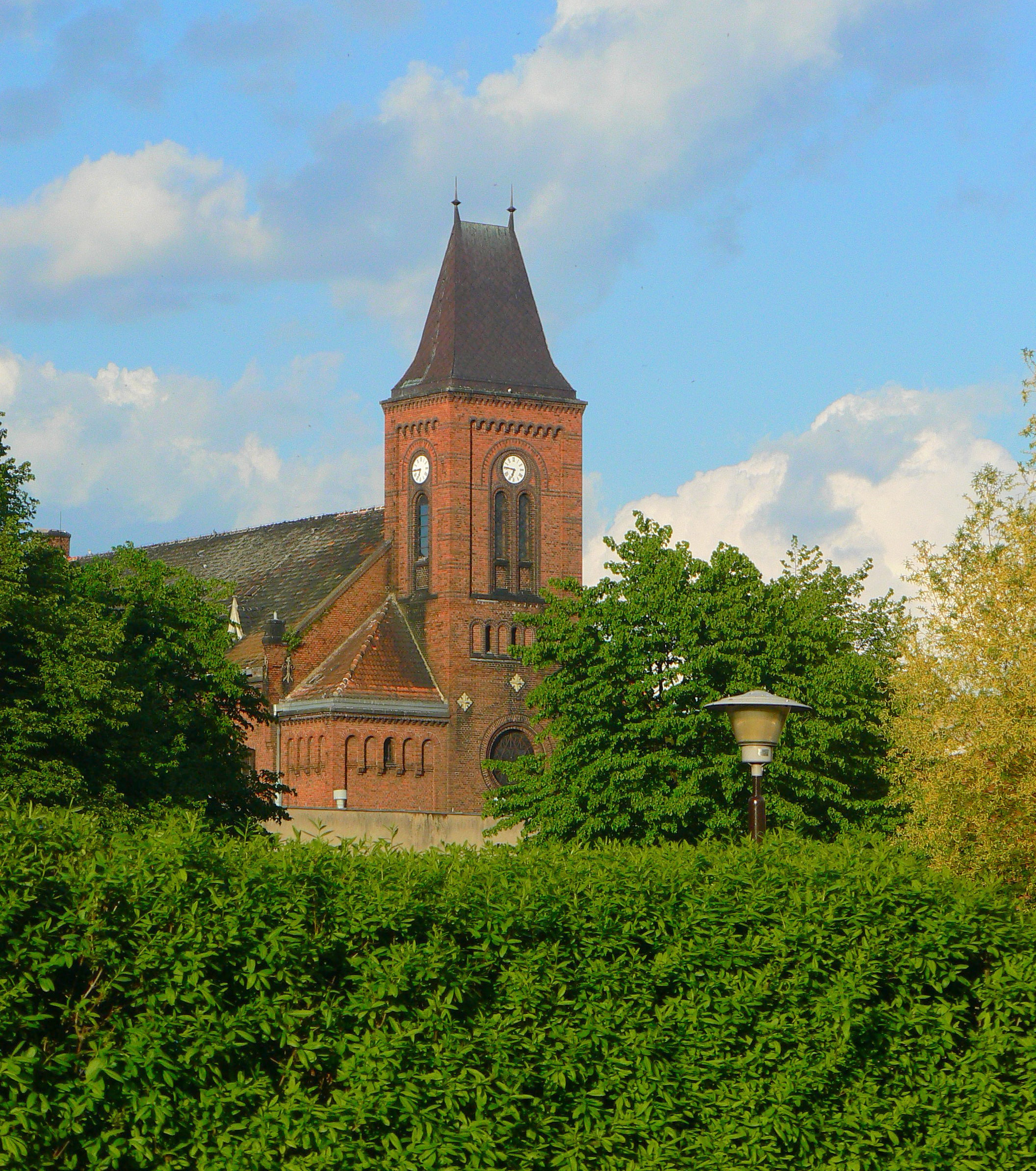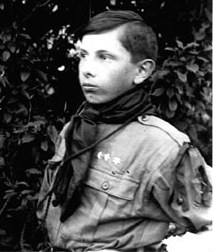|
Wronki Prison
Wronki Prison ( pl, Zakład Karny Wronki) is the largest Anna Frankowska 2008-08-05, Money.pl Jacek DeptułaCiasno i duszno, Wysoki Sądzie Gazeta Pomorska, 27 września 2008 prison in Poland, holding over 1400 prisoners. Established by the German Empire in 1889, it is located in the town of Wronki, within the Greater Poland Voivodeship. History Wronki Prison, three four-story buildings in a cross formation, was designed to accommodate 750–800 prisoners, accompanied by buildings housing the guards and other auxiliary personnel. It was built in 1889 by the Prussian government of Germany and brought into use in 1894 as the ''Zentralgefängnis für die Provinz Posen''.Ogólnopolski Portal Służby Więziennej – ZK Wronki Henryk Czarnecki [...More Info...] [...Related Items...] OR: [Wikipedia] [Google] [Baidu] |
Polish Home Army
The Home Army ( pl, Armia Krajowa, abbreviated AK; ) was the dominant resistance movement in German-occupied Poland during World War II. The Home Army was formed in February 1942 from the earlier Związek Walki Zbrojnej (Armed Resistance) established in the aftermath of the German and Soviet invasions in September 1939. Over the next two years, the Home Army absorbed most of the other Polish partisans and underground forces. Its allegiance was to the Polish government-in-exile in London, and it constituted the armed wing of what came to be known as the Polish Underground State. Estimates of the Home Army's 1944 strength range between 200,000 and 600,000. The latter number made the Home Army not only Poland's largest underground resistance movement but, along with Soviet and Yugoslav partisans, one of Europe's largest World War II underground movements. The Home Army sabotaged German transports bound for the Eastern Front in the Soviet Union, destroying German supplies and ty ... [...More Info...] [...Related Items...] OR: [Wikipedia] [Google] [Baidu] |
Stanisław Tatar
Stanisław Tatar '' nom de guerre'' "Stanisław Tabor" (October 3, 1896 – December 16, 1980) was a Polish Army colonel in the interwar period and, during World War II, one of the commanders of Armia Krajowa, Polish resistance movement. He was appointed brigade general in 1943 and half-a-year later flew from occupied Poland to London.Radosław "Butryk"" Butryński Stanisław Tatar ''Polska Podziemna'', 2005-2007. Retrieved January 4, 2013. After the war ended, Tatar betrayed the London-based Polish government-in-exile by organising an illegal handover of its vast reserves of money and gold (donated by the nation and called the Fund of National Defense), to the communist regime. The first batch of money was stolen en route by a consul in 1945, yet Tatar went on with his plan in 1947. He came back to Poland in 1949 on the promise of military leadership with LWP, only to be arrested and falsely accused of conspiracy against the party by the Stalinist secret police (''Urząd Bezpie ... [...More Info...] [...Related Items...] OR: [Wikipedia] [Google] [Baidu] |
Carl Maria Splett
Carl Maria Splett (17 January 1898 – 5 March 1964) was a German Roman Catholic priest and Bishop of Danzig (Gdańsk); his role during World War II, especially as apostolic administrator of the Diocese of Culm, is controversial. After World War II he was put on trial and imprisoned in Poland for his alleged collaboration with the Nazi regime, and later deported to West Germany. Early life Splett was born in Zoppot (Sopot) to the teacher and later vice-president of the Free City of Danzig's Parliament (Volkstag), Franz Splett.biographie.de He attended school in (Chojnice), Neustadt (Wejherowo) and [...More Info...] [...Related Items...] OR: [Wikipedia] [Google] [Baidu] |
Stanisław Skalski
Stanisław Skalski, (27 November 1915 – 12 November 2004) was a Polish aviator and fighter ace who served with the Polish Air Force and British Royal Air Force during the Second World War. Skalski was the top Polish fighter ace of the war and chronologically the first Allied fighter ace of the war, credited, according to the Bajan's list, with 18 11/12 victories and two probable. Some sources, including Skalski himself, give a number of 22 11/12 victories. He returned to Poland after the war but was imprisoned by the communist authorities under the pretext that he was a spy for Great Britain. While in arrest he was tortured and then, in a show trial, sentenced to death on April 7, 1950. Skalski refused to ask for clemency but after his mother's intervention with the president of communist Poland, Boleslaw Bierut his sentence was commuted to life imprisonment. He remained in prison until 1956 when a court overturned the previous verdict. After the "Polish October" and subsequen ... [...More Info...] [...Related Items...] OR: [Wikipedia] [Google] [Baidu] |
Stefan Mossor
Stefan Adolf Mossor (23 October 1896, Kraków - 22 September 1957) was a Polish general. Member of the Polish Legions. 1928 - 1930 studied at École Supérieure de Guerre in Paris. In the Second Polish Republic he reached the rank of the lieutenant colonel. Taken prisoner by the Germans during the invasion of Poland. Upon discovery of the Katyn massacre of Polish officers in the Soviet Union in 1943, Mossor still a POW was brought by the Germans to witness the opening of the mass graves. Upon this visit in August 1943, Mossor made a report for the Polish Commander in Chief general Kazimierz Sosnkowski. Joined the Polish People's Army after the war in 1945; he was nominated deputy chief of the general staff. Mossor was the main one in the forced deportation of hundreds of thousands ethnic Ukrainians from Poland, which was named Operation Vistula. During the era of stalinization of Poland, he was arrested and sentenced in the Trial of the Generals. Imprisoned for life in Wronki ... [...More Info...] [...Related Items...] OR: [Wikipedia] [Google] [Baidu] |
Rosa Luxemburg
Rosa Luxemburg (; ; pl, Róża Luksemburg or ; 5 March 1871 – 15 January 1919) was a Polish and naturalised-German revolutionary socialist, Marxist philosopher and anti-war activist. Successively, she was a member of the Proletariat party, the Social Democracy of the Kingdom of Poland and Lithuania (SDKPiL), the Social Democratic Party of Germany (SPD), the Independent Social Democratic Party (USPD), the Spartacus League (), and the Communist Party of Germany (KPD). Born and raised in an assimilated Jewish family in Poland, she became a German citizen in 1897. After the SPD supported German involvement in World War I in 1915, Luxemburg and Karl Liebknecht co-founded the anti-war Spartacus League () which eventually became the KPD. During the November Revolution, she co-founded the newspaper (''The Red Flag''), the central organ of the Spartacist movement. Luxemburg considered the Spartacist uprising of January 1919 a blunder, but supported the attempted overthrow of the ... [...More Info...] [...Related Items...] OR: [Wikipedia] [Google] [Baidu] |
Tygodnik Powszechny
''Tygodnik Powszechny'' (, ''The Common Weekly'') is a Polish Roman Catholic weekly magazine, published in Kraków, which focuses on social, cultural and political issues. It was established in 1945 under the auspices of Cardinal Adam Stefan Sapieha. Jerzy Turowicz was its editor-in-chief until his death in 1999. He was succeeded by Adam Boniecki, a priest. ''Tygodnik Powszechny'' often covers politics, religion, culture, society, Polish-Jewish relations and international affairs. Its foreign department publishes stories by correspondents all over the world, including Europe, the United States, Asia, Africa and the Middle East. Writer and reporter Wojciech Jagielski has been a member of the international department since 2017. History Cardinal Adam Stefan Sapieha helped found the weekly magazine ''Tygodnik Powszechny'', whose first edition was published on 24 March 1945, during the closing months of World War II. Initially, its editorial staff had four people: Jan Piwowarczyk, ... [...More Info...] [...Related Items...] OR: [Wikipedia] [Google] [Baidu] |
Jacek Kuroń
Jacek Jan Kuroń (; 3 March 1934 – 17 June 2004) was one of the democratic leaders of opposition in the People's Republic of Poland. He was widely known as the "godfather of the Polish opposition," not unlike Václav Havel in Czechoslovakia. Kuroń was a prominent Polish social and political figure known for his efforts at reforming societies under the control of the Soviet Union. As an educator and historian, he first postulated the concept of a de-centered movement that would question the totalitarian system and its personality cult. Kuroń started out as an activist of the Polish Scouting Association trying to educate young people that would take charge of the future; he later co-founded with Antoni Macierewicz the Workers' Defence Committee or KOR, a major dissident organization that was superseded by Solidarity in August 1980. After the changes in independent Poland, he ran for president supported by the likes of Jan Karski and served twice as Minister of Labour and Social ... [...More Info...] [...Related Items...] OR: [Wikipedia] [Google] [Baidu] |
Stanisław Karolkiewicz
Stanisław Karolkiewicz (nom de guerre ''Szczęsny'') (1918–2009) was born in 1918 in the Polish historical region of Podlasie. Raised in a patriotic family, he joined the Polish Army in the 1930s, and then fought in the Polish September Campaign, in the area of Upper Silesia. On 17 September 1939, when the Red Army, allied with the Wehrmacht, attacked eastern Poland, Karolkiewicz was around Nisko. Caught by the Germans, he escaped and returned to his homeland in the Białystok countryside, which had been incorporated to the Soviet Union. He immediately began organizing anti-Soviet resistance movement, taking advantage of the landscape of the province, full of forests and swamps. His unit stayed around Augustów, between the Biebrza river and the Augustów Canal. In February 1940, the NKVD launched an offensive against anti-Soviet Polish guerillas, and Karolkiewicz was caught. The Soviets put him in prisons in Białystok and later in Brześć nad Bugiem. [...More Info...] [...Related Items...] OR: [Wikipedia] [Google] [Baidu] |
Wiesław Chrzanowski
Wiesław Marian Chrzanowski (, 20 December 1923 – 29 April 2012) was a Polish politician and lawyer; from 1991 to 1993 he was Sejm Marshal.Posłowie I kadencji 1991 - 1993 (Delegates of 1st Session, 1991-1993), Sejm of Poland/ref> He was a recipient of the Order of the White Eagle (Poland), Order of the White Eagle. Chrzanowski was born and died in Warsaw, Poland. During World War II he was a member of the Polish anti-Nazi resistance organization, the Home Army. He finished a law degree at a secret underground university in 1945. During the second half of the 1970s he became associated with the opposition to the communist government in Poland. He helped to draft the statutes establishing the Solidarity trade union and later was the lawyer which guided the legal registration process of the organization. In 1989 he founded the Christian National Union The Christian National Union ( pl, Zjednoczenie Chrześcijańsko-Narodowe), abbreviated to ZChN,Maher (2004), p. 3458 was ... [...More Info...] [...Related Items...] OR: [Wikipedia] [Google] [Baidu] |
Stepan Bandera
Stepan Andriyovych Bandera ( uk, Степа́н Андрі́йович Банде́ра, Stepán Andríyovych Bandéra, ; pl, Stepan Andrijowycz Bandera; 1 January 1909 – 15 October 1959) was a Ukrainian far-right leader of the radical, terrorist wing of the Organization of Ukrainian Nationalists named OUN-B. Bandera was born in the Austro-Hungarian Empire, in Galicia, into the family of a priest of the Ukrainian Greek Catholic Church. Involved in nationalist organizations from a young age, Bandera was sentenced to death for his involvement in the 1934 assassination of Poland's Minister of the Interior Bronisław Pieracki, commuted to life imprisonment. Freed from prison in 1939 following the invasion of Poland, Bandera prepared the 30 June 1941 Proclamation of Ukrainian statehood in Lviv, pledging to work with Germany after Germany invaded the Soviet Union on 22 June 1941. The Germans disapproved the proclamation and for his refusal to rescind the decree, Bandera was a ... [...More Info...] [...Related Items...] OR: [Wikipedia] [Google] [Baidu] |



